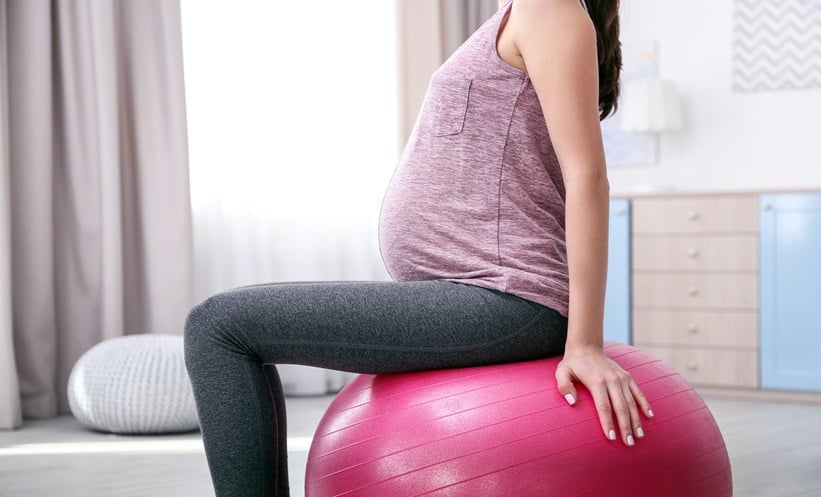A RANDOMISED clinical trial found that pressure-mediated biofeedback (BF) used as an adjunct to supervised pelvic floor muscle training (PFMT) significantly improves treatment outcomes for women with postpartum stress urinary incontinence (SUI).
The trial included 452 women with postpartum SUI who were randomly assigned to one of two groups: an intervention group receiving supervised PFMT with a home-based BF device, and a control group practicing PFMT alone. Conducted across five tertiary obstetric clinics in China from March 2022 to October 2023, this multicentre, assessor-blinded trial measured incontinence severity, cure rates, improvement rates, pelvic floor muscle (PFM) strength, quality of life, self-efficacy, and adherence to the treatment regimen. After three months, the primary outcome was assessed using the International Consultation on Incontinence Questionnaire–Urinary Incontinence Short Form, alongside secondary measures related to physical and quality-of-life improvements. Participants in the intervention group showed a statistically significant reduction in incontinence severity (median 3.00 vs 2.00 points; P = .002) compared with the control group. Additionally, the intervention group had a higher cure rate (20.2% vs 8.7%; P = .001), more participants with notable improvement (59.2% vs 44.5%; P = .002), and greater PFM strength (median 26.00 vs 21.00 cm H2O; P = .02). Adherence to the exercise regimen also correlated more strongly with perceived improvement in the intervention group (r = 0.825 vs r = 0.627).
The results of this study indicate that pressure-mediated BF provides an effective enhancement to traditional PFMT in treating postpartum SUI. For clinical practice, these findings suggest that clinicians might consider recommending home-based BF devices alongside supervised PFMT to improve patient outcomes. Future research should focus on evaluating the long-term effects of BF, as well as exploring its cost-effectiveness and patient accessibility. These insights are essential for shaping comprehensive SUI management strategies, potentially improving quality of life for women experiencing this condition after childbirth.
Reference
Wang X et al. Pressure-mediated biofeedback with pelvic floor muscle training for urinary incontinence: a randomized clinical trial. JAMA Netw Open. 2024;7(11):e2442925.








